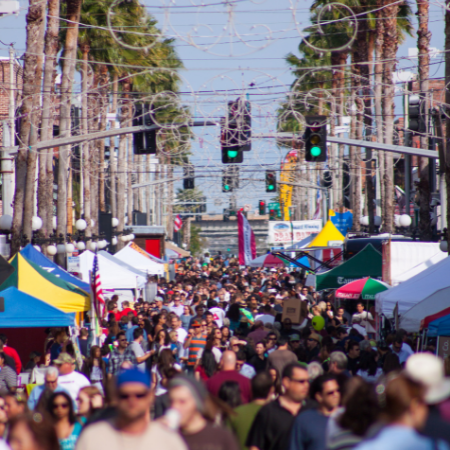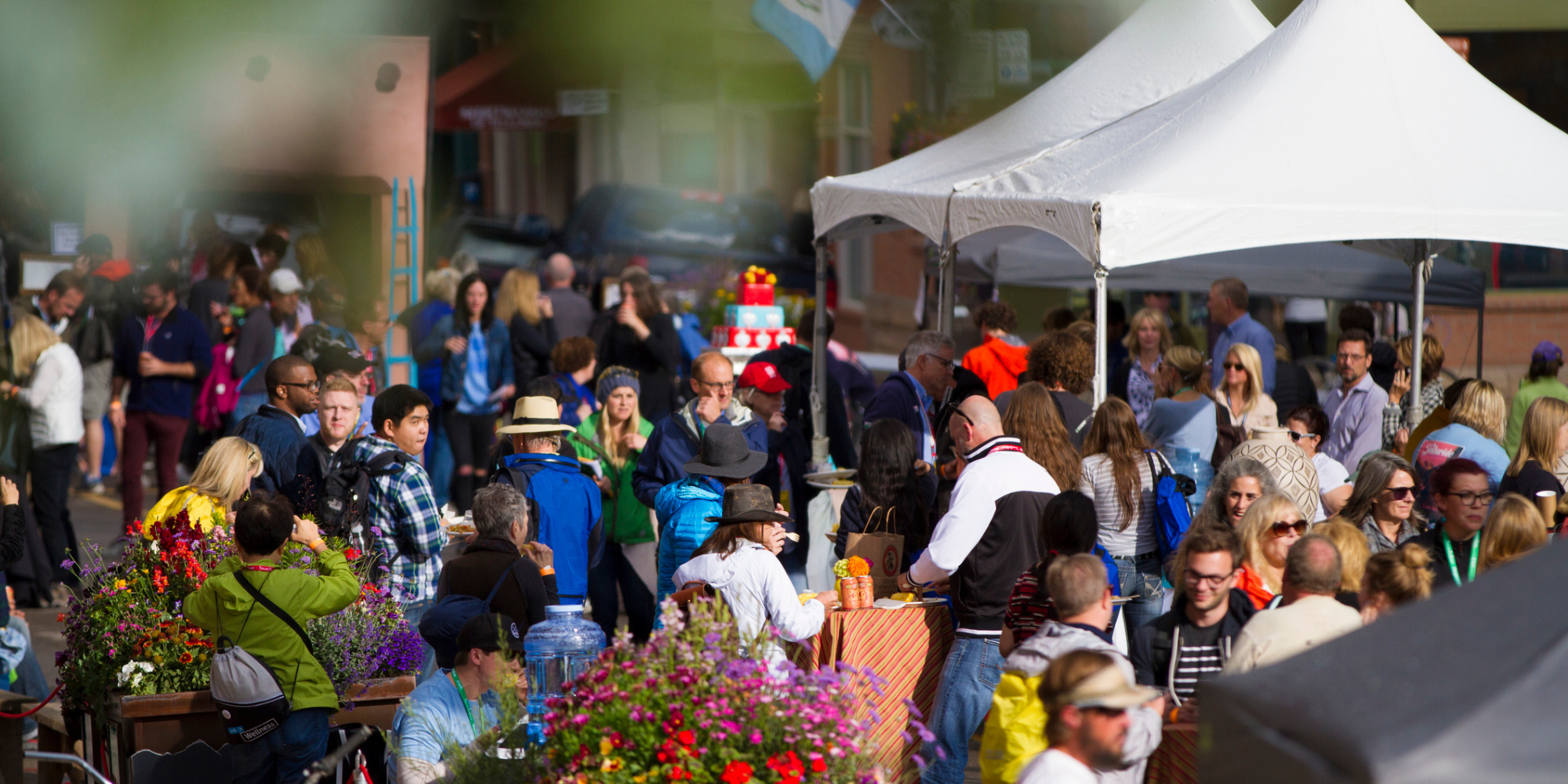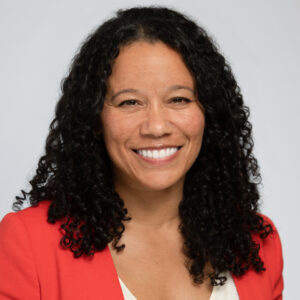Recently, the National League of Cities Large Cities Council went on a (virtual) site visit, hosted by the City of Honolulu, to learn how the city has been dealing with the pandemic and its impact on tourism and its community broadly. Hawai’i has made the news since the early days of the pandemic for its Safe Travel Hawai’i program, and the impact that tourism has had on its residents and communities. Throughout the site visit, municipal leaders from cities with populations of 200,000 and more, shared lessons for planning large-scale events in a dynamic and uncertain future environment. Here are five questions that a municipal leader can ask if their city is considering hosting a large-scale event in the midst of the continually evolving COVID-19 situation.
Is this event worth having? Is revenue the only way you are making that determination, or are you also considering the other, intangible costs and benefits to the community?

Consider a cost-benefit analysis of the event for your community. Think about your residents: Will the anticipated influx of outside visitors impact utility usage or traffic in an uncomfortable or perhaps unsustainable way? While large-scale events can be a great way to engage your community, and can be a morale-booster for everyone, it is critical to consider potential challenges and explore ways to mitigate them before event planning gets underway. Learn more about maintaining your city’s fiscal health and essential services.
What steps can city departments take, cross-functionally, to mitigate COVID-19 risks, especially if the event will include close contact?
One example shared by local leaders and municipal staff is the need to expand the role of the Honolulu Health and Human Services department to not only ensure food quality and safety, but also working with police and other departments to create designated outdoor dining areas and adopting close contact precautions across the venue and throughout the event. Learn more about maintaining your city’s public safety and emergency response services.
Can you create deadlines (such as 2 months, 1 month, 2 weeks out) when you will commit to re-evaluating the current environment and making updated decisions about safety precautions for attendees (even providing them the option to cancel within a certain timeframe)?
Be transparent with how your local government will be monitoring and communicating safety guidelines. The City of Honolulu shared that they will be piloting a new app that would be mandatory for people who attend upcoming large-scale events. Even if your city does not have access to an app, are there are other ways to communicate en masse with attendees in the lead-up to the event? Admitting that guidelines may need to change based on public health needs as your event date approaches sends an important message to both outside attendees and your community that you are prioritizing the safety and protection of your residents. Learn more about protecting and promoting your residents’ health.
Can you connect with other cities that have run large events in the past few months to get their insight, lessons learned, and best practices?
Engage with NLC through our council and constituency groups —regardless of your city’s size. NLC can connect you with resources to engage and network with other city staff.
What are the costs of saying yes? Is there a way to say yes, and?
For some cities, large-scale events may happen infrequently. If this is the case for your municipality, consider what is unique about your community and about the anticipated event that may not necessarily need to be highlighted through only an in-person or large event capacity. Consider creating a hybrid option, reducing capacity, requiring masks, or considering other ways that the event can take place without the same levels of close contact as originally anticipated.
These are just an initial set of questions to consider. You have surely considered many more in the process of launching an event, and in the current environment, are likely to consider new ones that did not have to consider prior to the pandemic. The most important consideration when planning an event is to ensure the safety of your attendees, your staff, and your city. Determining these answers is a great way to start.










